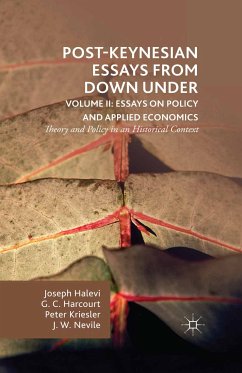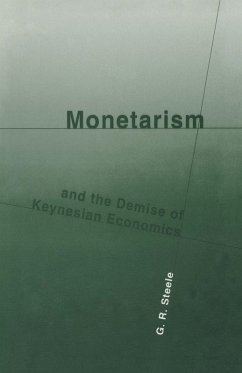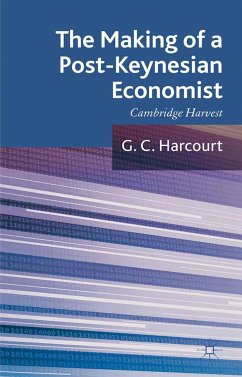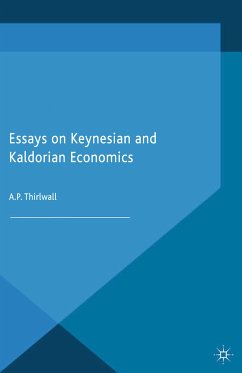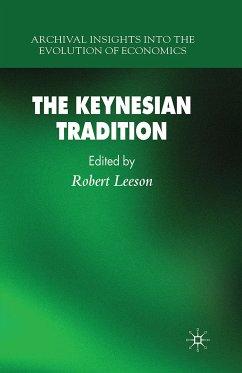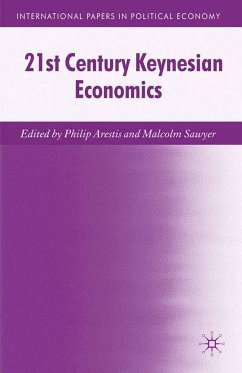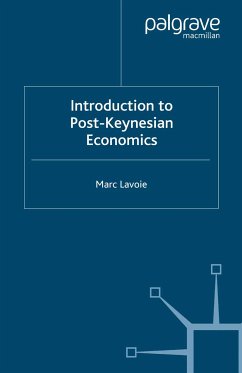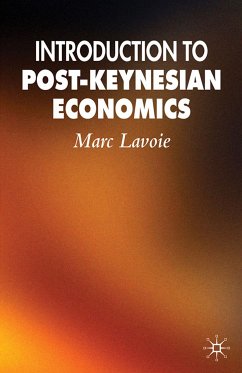
Introduction to Post-Keynesian Economics (eBook, PDF)
Versandkostenfrei!
Sofort per Download lieferbar
60,95 €
inkl. MwSt.
Weitere Ausgaben:

PAYBACK Punkte
30 °P sammeln!
This book offers an accessible introduction to post-Keynesian economics, showing that there is an alternative to neoclassical economics and its free-market economic policies. Post-Keynesian economics is founded on realistic assumptions, such as interest targeting by central banks or constant average variable costs in manufacturing and services
Dieser Download kann aus rechtlichen Gründen nur mit Rechnungsadresse in A, B, BG, CY, CZ, D, DK, EW, E, FIN, F, GR, HR, H, IRL, I, LT, L, LR, M, NL, PL, P, R, S, SLO, SK ausgeliefert werden.



